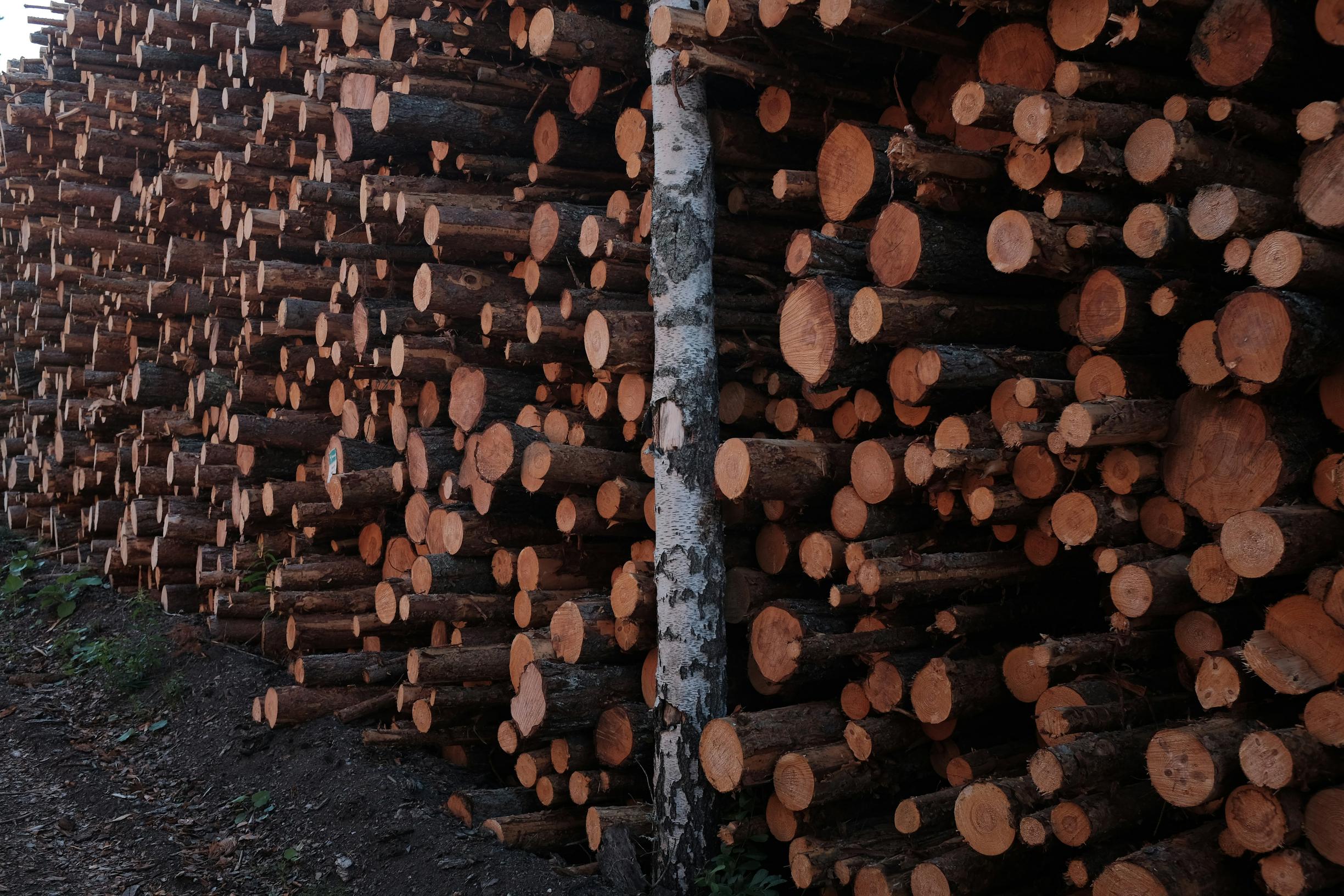Deforestation, the large-scale clearing of forests, is an environmental crisis with far-reaching consequences for biodiversity, climate stability, and human well-being. Each year, millions of hectares of forest are lost to agriculture, logging, and urban expansion. While forests provide essential resources like timber and arable land, their destruction comes at an enormous cost.
Why Forests Are Crucial
Forests are often called the lungs of the Earth, as they absorb carbon dioxide and release oxygen. They play a vital role in regulating the planet's climate, storing vast amounts of carbon in trees and soil. Forests also support diverse ecosystems, serving as habitats for about 80% of terrestrial species, including plants, animals, and fungi. Additionally, they protect watersheds, prevent soil erosion, and contribute to the water cycle by returning moisture to the atmosphere.
The Ripple Effects of Deforestation
When forests are destroyed, the effects ripple far beyond the immediate area. Here are some of the most significant consequences:
-
Loss of Biodiversity: The destruction of forests displaces countless species, pushing many to extinction. For example, iconic species like orangutans in Southeast Asia and jaguars in the Amazon are under threat due to habitat loss.
-
Climate Change: Deforestation releases stored carbon into the atmosphere, contributing significantly to global warming. Scientists estimate that deforestation accounts for nearly 10% of annual global greenhouse gas emissions.
-
Soil Degradation: Without tree roots to hold the soil together, deforested areas are prone to erosion. This reduces the land's fertility and disrupts local agriculture, leading to food insecurity in many regions.
-
Impact on Indigenous Communities: Forests are home to many indigenous groups who rely on them for food, shelter, and cultural identity. Deforestation threatens their way of life and often forces displacement.
A Path Forward
The battle against deforestation requires global cooperation and sustainable solutions. Key strategies include:
Reforestation and Afforestation: Planting trees in deforested areas can restore ecosystems and capture carbon. Programs like the Great Green Wall in Africa aim to combat desertification and improve livelihoods.
Sustainable Agriculture: Practices like agroforestry and crop rotation can reduce the need to clear forests for farmland.
Conscious Consumerism: By choosing products like certified sustainable timber and palm oil, consumers can reduce demand for deforestation-driven goods.
Legal Protections: Stronger regulations and enforcement can prevent illegal logging and land grabs.
A Shared Responsibility
Deforestation affects everyone, from rural farmers to urban dwellers. Its consequences—climate instability, loss of biodiversity, and economic hardship—underscore the urgency of preserving our forests.
Trees are more than just part of the landscape; they are the foundation of life on Earth. Protecting them is not just an environmental obligation but a moral imperative to safeguard the future for generations to come.




